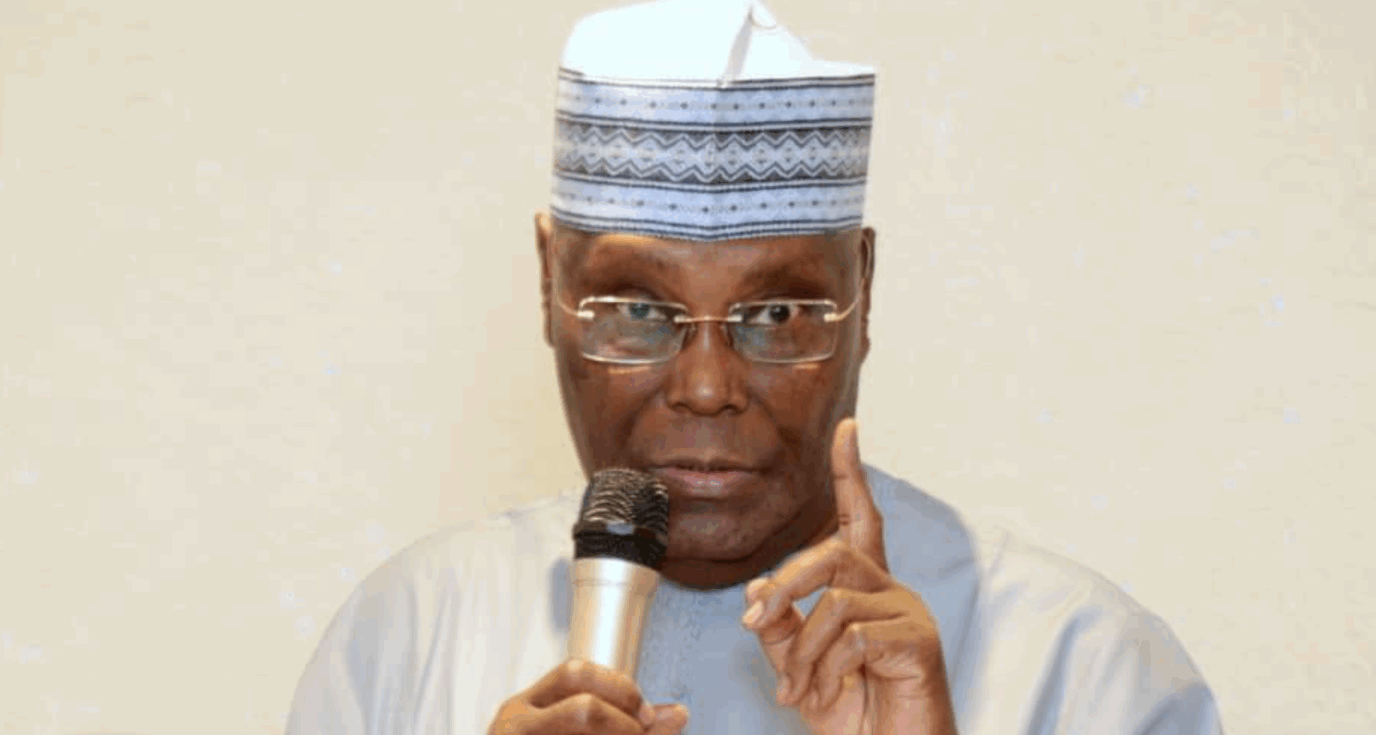The Lagos State Government has rolled out the pilot phase of its “Identifier” project. This is a digital house numbering and addressing system designed to modernise land administration, curb fraudulent property dealings, and strengthen emergency and utility services.
Governor Babajide Sanwo-Olu unveiled the initiative on Tuesday at the Nigeria Land Titling, Registration and Documentation Programme in Victoria Island, organised by the Lagos State Office of Electronic Geographic Information System (e-GIS) and Urban Development in partnership with the Federal Ministry of Housing and Urban Development.
The system, which goes live in Ikeja next week, will assign a unique digital identity to every building in Lagos. Each identifier will include a QR code and local government-specific colour coding for easy recognition. Residents, buyers, or government officials will be able to scan the QR code to instantly verify key information about a property, including its building approval status.
Sanwo-Olu described the project as “a major step in deploying technology to resolve long-standing land issues,” enabling residents to confirm property titles from the comfort of their homes and reducing the need for physically navigating bureaucratic processes.
Why This Matters for Lagos Residents
For years, Lagosians have battled with the challenges of property fraud, often falling prey to unscrupulous agents and multiple sellers of the same plot or building. The Identifier system offers an official, verifiable digital record for every property, potentially closing loopholes that have allowed unregistered developments, forged documents, and illegal sales to thrive.
In practical terms, this means prospective tenants and buyers can avoid being scammed by “sharkish” agents. This is a common menace in the city’s competitive housing market. It also gives genuine property owners a secure way to protect their assets from encroachment or fraudulent resale.
A Boost for the Real Estate Sector
Industry stakeholders say the move could enhance investor confidence in Lagos real estate, particularly for diaspora buyers wary of opaque land records. Verified digital identities could make property transactions faster, reduce litigation over ownership, and open the door for more mortgage-backed deals, as banks would have greater assurance of title authenticity.
Housing Minister Ahmed Dangiwa noted that over 97 per cent of land in Nigeria remains untitled, limiting its value and usability as collateral. He expressed optimism that Lagos’ example could inspire other states to digitise their land registries and adopt global best practices.
Beyond Real Estate
The Identifier system also promises broader benefits. Emergency responders will be able to navigate faster with precise, standardised addresses. Utility companies can streamline service delivery, while urban planners can better manage infrastructure growth in Africa’s most populous city.
Sanwo-Olu stressed that while the project is still in its early stages, it represents a shift towards data-driven governance. “If you can get the address of a property, every information that is needed on that property can be accessed,” he said.
The pilot in Ikeja will serve as a test case before the Identifier system is expanded across all 20 local government areas of Lagos State.












